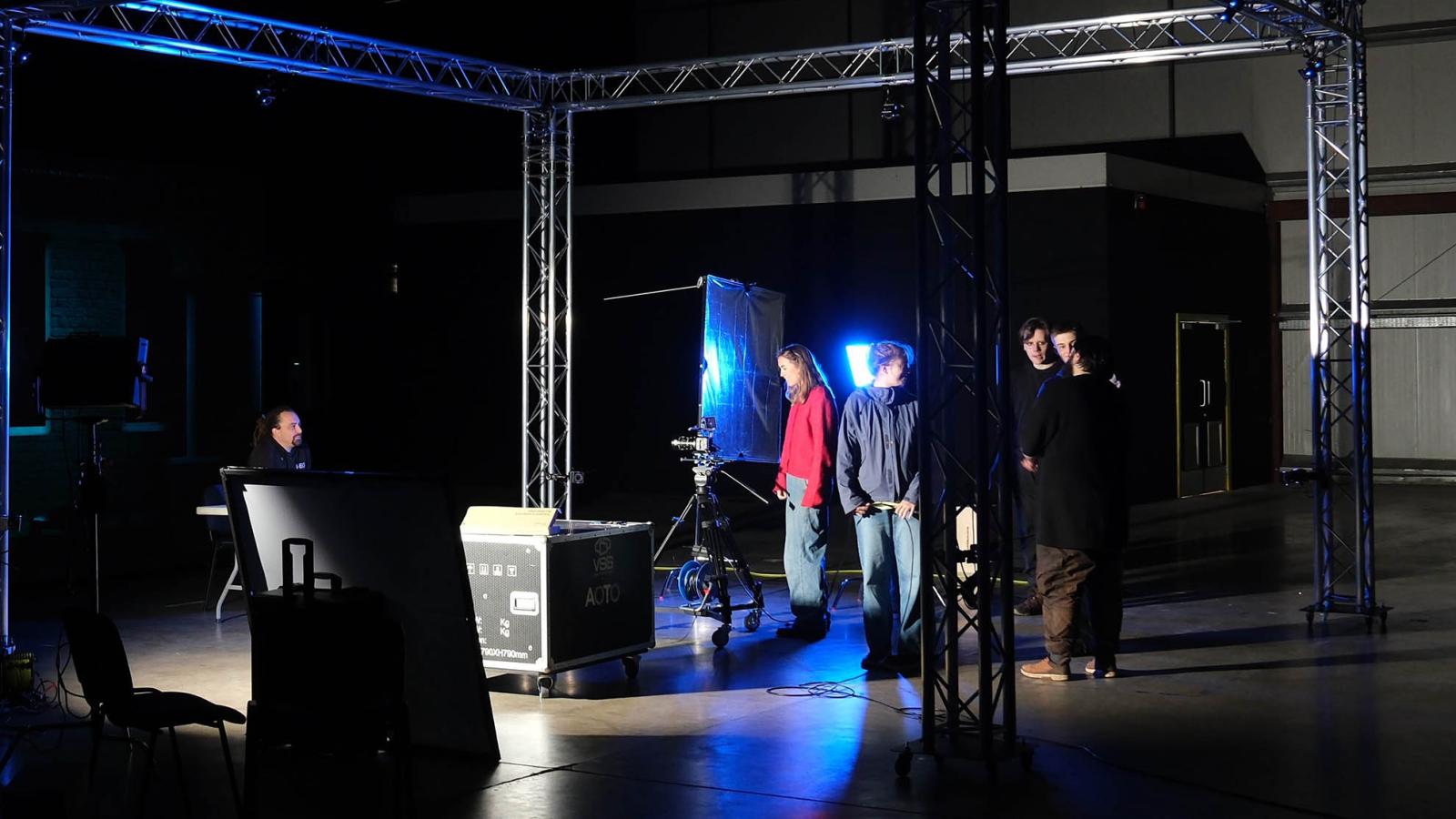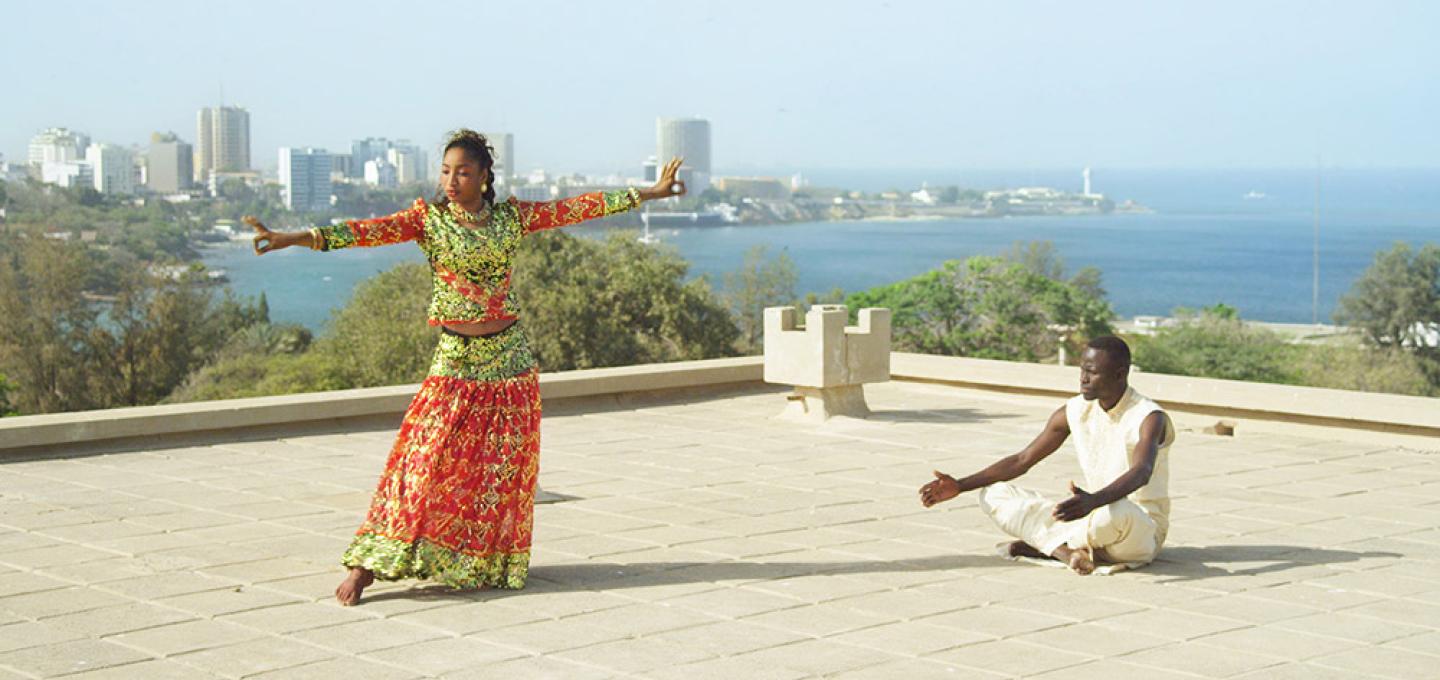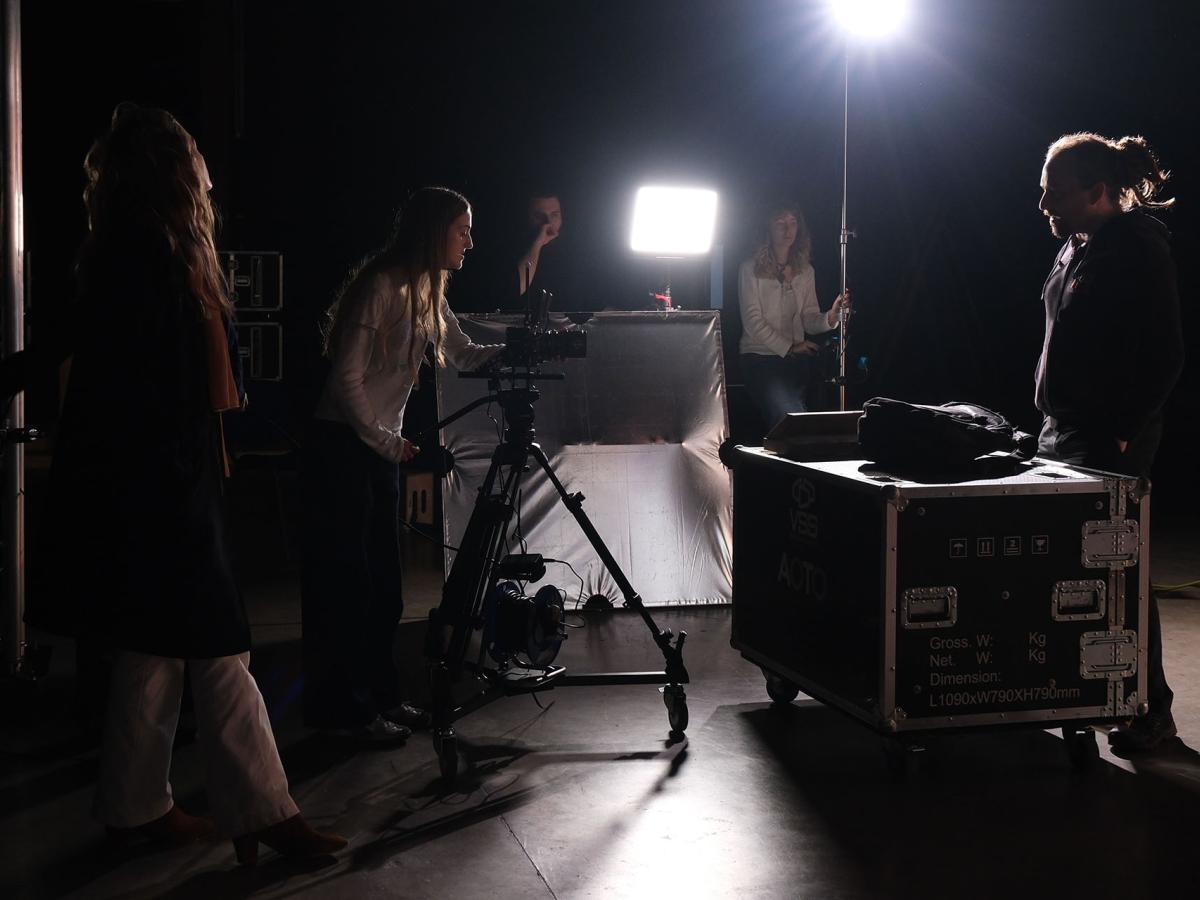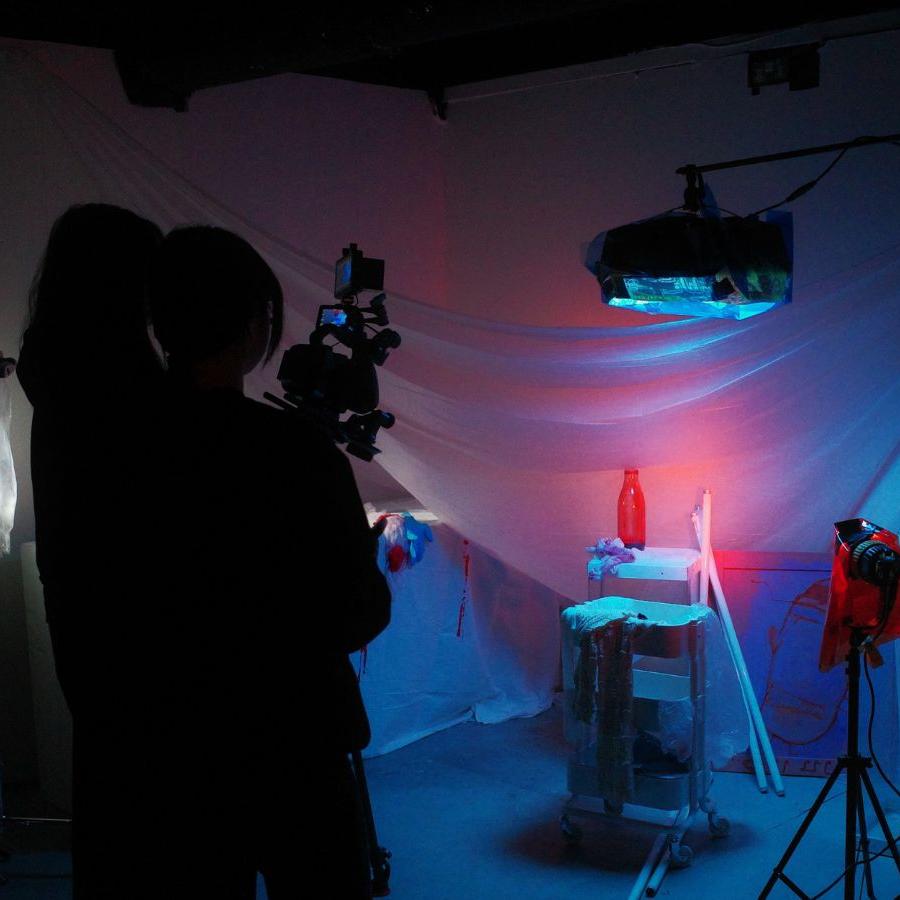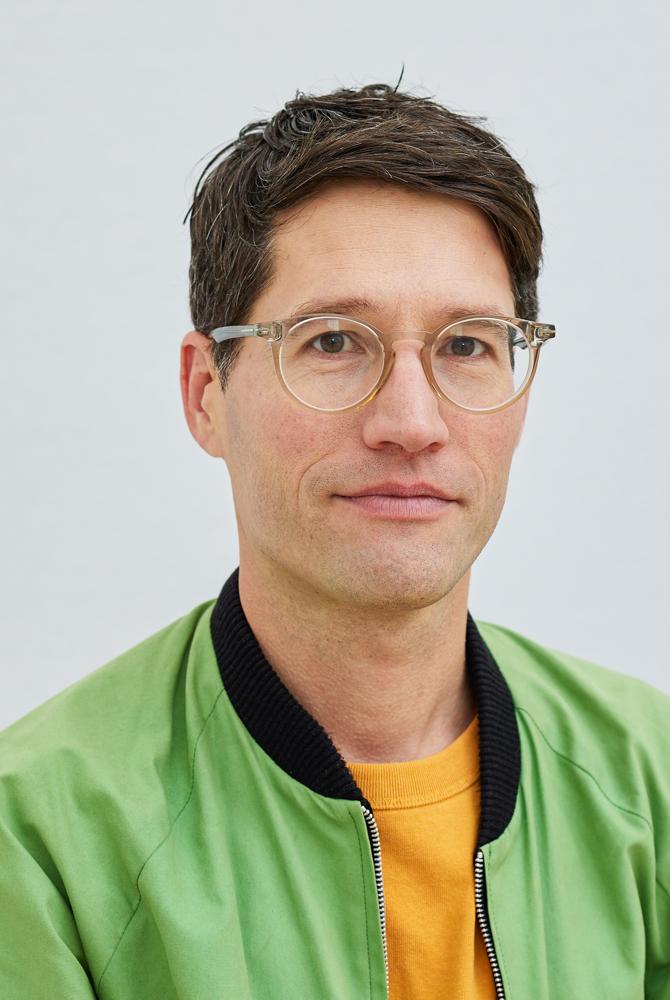Edinburgh College of Art (ECA) and Paris College of Art (PCA) have recently launched a new taught postgraduate programme, the Master of Fine Art in Film Art.
Now open for applications for a September 2026 start, the programme explores independent filmmaking through creative collaborative practice combined with reflection and research in contemporary cinema.
In this article, we profile a few of the programme’s staff to give applicants an insight on who will form the core of the programme team.
Alex Nevill, MFA Film Art Programme Director, ECA
What’s your favourite part of making a film?
Getting behind a camera and visiting different locations during the production itself is often the most enjoyable part of a filmmaking process for me.
When things are working well, production can feel like a fantastic bubble of experimentation and exchanging ideas. At this stage, a film is usually still very malleable so it’s about bringing a vision to life through practical light, colour, texture, movement, duration and framing decisions.
Can you describe your work?
I've been working as a Director of Photography on feature and short narrative films for around 15 years, with a particular focus on creative non-fiction and artist's moving image work. I collaborate with directors and artists internationally to shape an original aesthetic and find unique forms of expression for each project.
Alongside this, I’ve directed a few personal documentary films which have allowed me a further creative outlet and opportunity to explore new ways of working.
Tell us about your research
My research is closely linked to the programme and focuses on intersections of film practice and theory.
I am particularly interested in exploring light as a cultural and creative force in filmmaking, installation and expanded forms of cinema, emerging technologies and film-philosophy.
I also supervise a few practice-based PhD researchers working with film and I’m part of two research clusters related to cinema which show how Edinburgh College of Art can be a vibrant space for MFA students looking to approach their filmmaking as a form of artistic enquiry.
What are your hopes for the programme?
The programme has developed from my longstanding filmmaking collaboration with Harald Hutter at Paris College of Art. I’m looking forward to the opportunity to feed this ongoing practice into our teaching and explore new ways of making films with the MFA students.
Overall, we’re aiming for the MFA programme to become an international hub that produces innovative short films and helps to develop leading independent filmmakers.


